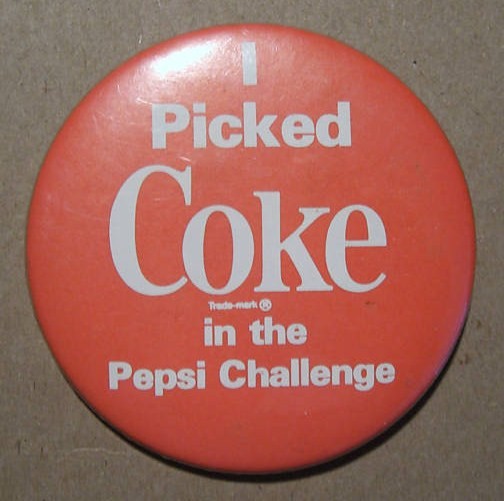What are political songs?
I find that my best political songs are very much like my other good songs. They are usually about a small number of characters and they spend time dealing with the events and emotions in the lives of those characters. They are lyric or narrative, rather than expository, didactic, allegorical, or persuasive. What makes them political is not their form, but their subject matter.To me, the overarching subject of political songs is the relationship of individuals to power, and to other people, events and currents in the world that express the workings of power. That particular formulation probably reflects my own political leanings to some extent, but I think the important element for songs is that the individual is present in the song, and the song addresses the way that the individual experiences the political. In contrast, political speeches and essays rarely linger on the emotional experience of individuals, and when they do, those experiences are quickly tempered into the support of an argument.
An example of this is Woody Guthrie's "Vanzetti's Rock", a song from an album consisting entirely of songs about Sacco & Vanzetti. In the song, Guthrie's speaker visits Plymouth Rock and, surrounded by tourists invested in the history of the Puritan pilgrims, imagines dedicating the rock instead to the Italian-born anarchist who was executed for a murder he did not commit. The emotional core of the song - what makes it interesting even if the listener is not particularly invested in Guthrie's politics - is the speaker's alienation from the tourists around him. The other tourists are "salesman and gamblers" in dark glasses that shield them from the history that Guthrie's speaker quietly contemplates. He imagines a different tourist attraction, dedicated to Vanzetti's story, that would instead attract "trades-union workers" to Plymouth. This image captures the speaker's own isolation - he is not really a part of either group, and unlike either group, his mind is invested in a world that does not exist.
There is still plenty of room in the song for more direct political appeals, but the scene sets an emotional context and transforms what would otherwise be a simple sentiment, easily accepted or dismissed, into something more complex and even a bit puzzling. Who is this character, wandering through tourist traps and imagining them transformed into monuments to an alternate history? What does it feel like to occupy that particular alienated mind?
In a moment of activism?
It can be challenging to reconcile the concerns of this type of political songwriting, which takes as its topic the particular, possibly eccentric experiences of its characters as they encounter the world and its structures of power, with the demands of political activism. The moments that make for some of the most interesting songs - moments of internal conflict or self-questioning, moments that reveal the contradictions in a character's ideology, even moments of unexpected sympathy or agreement with one's political opponents - are not necessarily the moments that political movements benefit from emphasizing. Political art can be slippery and defy interpretation. It can disappoint or even offend viewers and critics.
None of this is new, but to me it seems we have become more likely, as listeners and critics, to construct the writer or artist as a figure of power - someone whose position requires him or her to control the potentially dangerous or off-message resonances of the work. We are less likely to posit the writer or artist as a relatively powerless individual struggling to comprehend a complex world. Sometimes this perspective is justified - the director of a major Hollywood movie wields the bankroll and power of corporate America, and so it makes sense to treat his or her actions as the actions of a powerful entity.
I think political art is important because it addresses aspects of experience - particularly individual, interior experience - that other forms of political expression ignore. We live in a world where our daily experience is shaped by political powers far beyond our individual control, and we need art that explores that experience. If we construct writers and artists as if they were corporate spokespeople for their personal brands - as if they were part of the power structure that shapes our world - then it makes sense to react with disapproval when their work violates our expectations. This makes sense for corporate art, but applying the same model to work created by individuals who really are relatively powerless in the world may cause critics to misunderstand, or miss completely, the art that we really need.
It is easy, as a songwriter, to internalize this way of thinking about songs - to write with caution and to carefully police one's own impulses in order to avoid appearing to cross an invisible line. But songs are a perfect place to work through impulses and experiences that can't be condensed into a coherent position, essay, or social media post. Some of the best political songs come out of that process, full of self-contradiction, self-doubt, questions, and reality. Those are the songs that help us understand what it means to be human in a political world.


